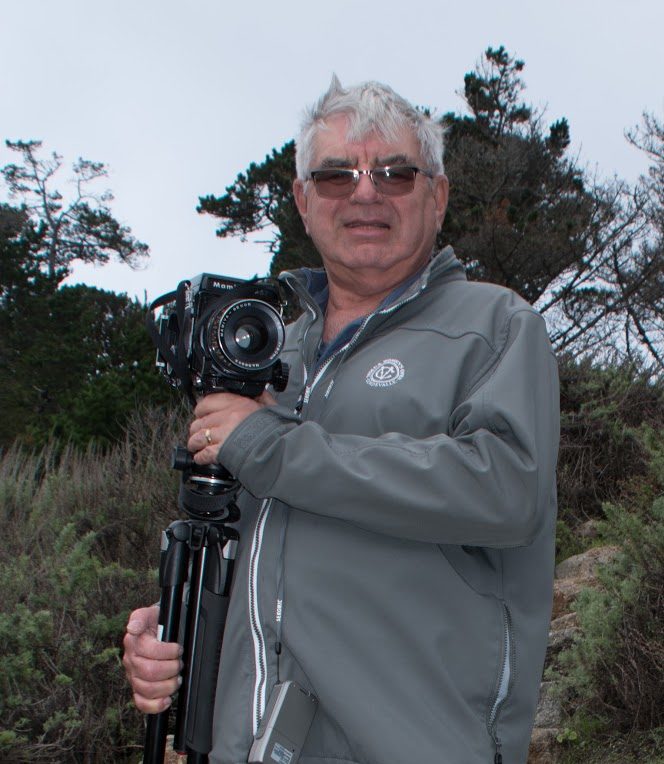“Our history with nature as we found it is a history of war. Nature conspired to kill us…and we fought back with everything we had,” Jaime Metzel said in his book “Hacking Darwin.”
We’re still fighting, but nature has forced humanity into a siege. Supplies dwindle while wounded rise. As we consolidate our troops, we must plan for our next course of action in our perpetual war with nature.
Until now, humanity’s signature strategy has been ruthlessly head-on. We battled hunger with persistence hunting, silenced swarms on our fields with chemical warfare, and carved up the earth’s heart and burned it to fuel our endeavors.
We expanded our troops across the global stage, ships cleaving the waters, trains rumbling through rock, automobiles tearing up soil, exhaust billowing in their wake.
But nature is catching up. Before, nature could only strike us with isolated attacks. Pockets of humanity might be sacrificed, but their brothers across the mountain, the desert, or the ocean remained untouched. But now, our isolated outposts have fused into a complex global tessellation. Our tightened communication allowed us to bring together minds thousands of miles apart to engineer more efficient, creative solutions to nature’s aggressions. But nature found a way to exploit that: poisoning the channels that connect us.
Stowing away on any of the 100,000 daily flights crosscutting the globe, the novel coronavirus has disseminated through our legion with disconcerting speed and stealth. In four months, the virus climbed to 700,000 cases since the first known incidence in Wuhan. According to a study at University of Texas, Austin, the serial interval, or time between one infection and another, is just a couple days – much harder to contain than a disease like Ebola with a serial interval of several weeks, albeit less deadly. Furthermore, reports of silent transmission where the virus spreads asymptomatically from one person to another, mean it can spread without setting off the alarms.
If nature continues to hijack our infrastructure, maybe our head-on tactics have grown obsolete. What is the next strategy when nature has backed us into corners, exhausting our resources and our spirits?
Evasion.
By journeying to new horizons, our ancestors inadvertently bolstered their chance of survival. In the modern age we’ve built now, the divide of jagged mountains, scorching deserts, and thrashing oceans can no longer quell the rampage of nature amongst humanity.
The next divide is across the stars.
Humanity has outgrown its status as a global species – we need to be a multiplanetary one. If disaster ravages one planet, we can send support from the stability of another. Or if it comes to it, survive alone.
It’s a sobering thought.
In this moment, however, we are bound to this terrain and must gain a foothold before initiating multiplanetary maneuvers.
But what if we misunderstood? Our struggle with nature was never a war at all. It’s a complex relationship requiring the utmost delicacy between two entities who no longer speak the same language. One has lost the knowledge of his mother tongue.
And what we’re facing now is not a vicious attack but a desperate cry for help.
The world is frozen. We have been forced to slow down and pause. And as we heal our wounded, sounds of the language we’ve forgotten are surfacing in the tenuous quiet.
The cadence of a brisk morning walk as the sun rises.
The rhythm of a meal cooked with our own hands.
The melody of loved ones’ voices.
The world is frozen. Because our relentless pace has abated, carbon emissions have dropped. With a glimpse of bluer skies than we’ve seen in years, we consider our resources and future.
Maybe now is not the time to prepare our next attack, but to find a truce with nature. And begin to heal.
Because if we don’t, it will get worse. In his book “The Uninhabitable Earth”, David Wallace-Wells warns of pathogens trapped in permafrost that might be unleashed if thawed. Humanity will recover from this virus, but is it prepared to face ancient blights that lived and killed before our time. Our current weaponry may be futile. If we move now, we may keep Earth’s old wounds from reopening.
Then again, maybe nature has no purpose.
It does not care if we live.
It does not care if we die.
Instead, it plays a symphony of its own liking, oblivious if its crescendos kill or diminuendos ease our pain.
A virus is similar to us, born with the same basic instinct to survive and reproduce.
But we have choice. As we spread to new lands, we can choose to soothe the bodies we inhabit – those of land, or the celestial bodies we’ve yet to encounter.
Maybe nature is conspiring to kill us, crying for help, or simply carrying on – oblivious to the specks of human life clinging to a single string in its grand orchestra. We may never know for sure either way.
In the end, does it matter?
Would it change our actions? Whether or not nature is on our side or even in earshot, we can use our hands to heal and spread light into all that we touch.
Amy Tilson-Lumetta is the managing and features editor of The Express. Follow her @AmyTLumetta.




